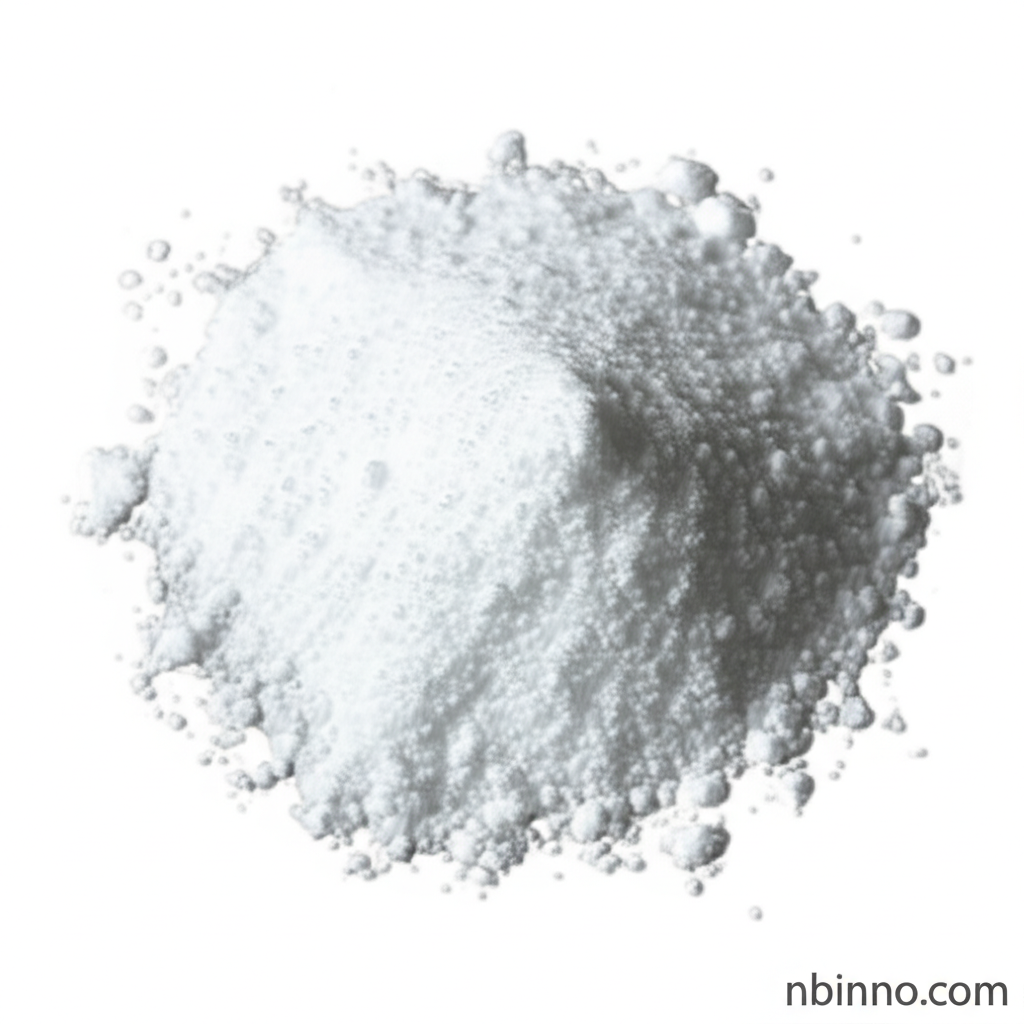Microcrystalline Cellulose: The Cornerstone of Pharmaceutical Formulations
Discover the indispensable role of Microcrystalline Cellulose (MCC) in crafting high-quality tablets and capsules for effective drug delivery.
Get a Quote & SampleUnveiling the Core Value of MCC

Microcrystalline Cellulose Powder
Microcrystalline Cellulose (MCC) is a cornerstone excipient in the pharmaceutical industry, celebrated for its exceptional versatility and performance in oral solid dosage forms. Its unique physicochemical properties make it indispensable for achieving optimal tabletability and drug release profiles.
- Explore the benefits of MCC as a pharmaceutical excipient for superior tablet formulations.
- Understand how MCC acts as a binder for tablets, enhancing their mechanical strength.
- Learn about the application of MCC as a filler in wet granulation processes for consistent drug delivery.
- Discover why MCC is a preferred choice for direct compression excipient needs.
Key Advantages of Using MCC
Exceptional Binding Properties
MCC serves as a powerful dry binder, significantly improving the compactibility of powder blends, which is crucial for buy microcrystalline cellulose powder for your formulations.
Versatile Functionality
Beyond its binding capabilities, MCC excels as a diluent, disintegrant, lubricant, and glidant, offering a multi-functional solution for complex tablet challenges.
Enhanced Tabletability
Its plastic deformation characteristics under compression lead to strong interparticle bonding, ensuring robust tablets with low friability, a key aspect when considering MCC for drug delivery systems.
Key Applications of Microcrystalline Cellulose
Direct Compression
As a premier direct compression excipient MCC, it facilitates efficient blending and produces tablets with high hardness and low friability.
Wet Granulation
Its wicking action in wet granulation MCC filler applications promotes rapid wetting and uniform granulation, leading to better granule properties.
Capsule Filling
MCC's excellent flow and compressibility make it suitable for capsule filling, contributing to accurate dosing and product uniformity.
Spheronization & Sustained Release
It's also employed in specialized applications like extrusion-spheronization and in matrix formulations for sustained release drug delivery systems, showcasing its broad utility.
